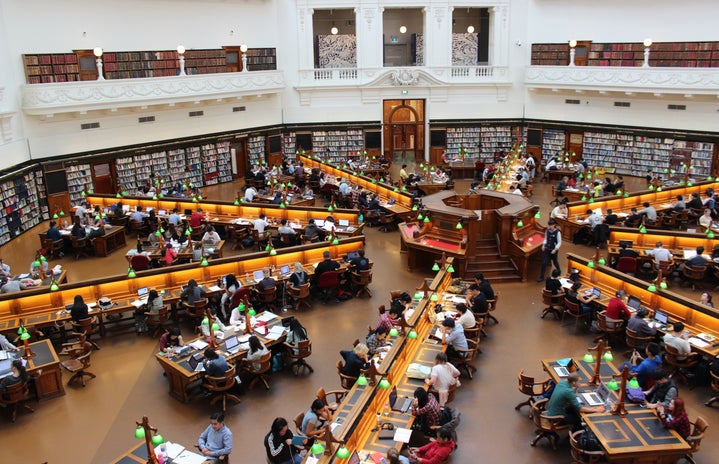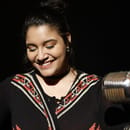With elections coming up soon, students are constantly surrounded by “Get Out the Vote” campaigns, stickers, buttons, and people handing them registration fliers. Sometimes, students can’t help but think: voting couldn’t possibly be that important. Well, it is. It is probably the most important duty that a citizen of a democratic country has. The right to vote is your right to be able to have a say in government policy. It is a way that everyday citizens can hold government officials accountable.
Even with all the benefits and the sense of duty, our voter participation is low when compared to other countries. According to the Pew Research Center, “The Census Bureau estimated that there were 245.5 million Americans ages 18 and older in November 2016, about 157.6 million of whom reported being registered to vote.” In Norway’s last parliamentary election, the voter turnout was at 70.6%. In our last election, the U.S. voter participation rate was 59.3%. In midterm elections, it is usually around 40%. This statistic is of the voting age population.
Vote Because Others Can’t
For those of you who went to the New York Times Get With The Times Event, we heard Bernie Sanders give a talk about the importance of voting, and the prevalence of voter suppression campaigns. Think about this: we have a national holiday to celebrate Christopher Columbus, the man who “discovered” America, yet we don’t have a national holiday for voting, one of the pillars of our democratic system. American history is one of disenfranchisement. Its history is filled with different battles for suffrage. First, the fight was for Universal White Male Suffrage, then black men, then white women, and then 18 year olds.
Yet, there are still groups left.
In many states, people on probation or people that have previously committed a felony do not have the right to vote. While you may say, “fine, why would I want felons to have the right to vote?” I would argue that the situation is much more complicated than that. When looking at the incarceration rate, black people are severely overrepresented, especially when it comes to nonviolent drug arrests. Some scholars have even hypothesized that this has become the New Jim Crow.
U.S. citizens that live in Puerto Rico, U.S. Virgin Islands, Guam, American Samoa, and the Northern Mariana Islands are not allowed to vote. I believe that this is partially due to the fact that conservatives fear that the demographic is more likely to vote blue. However, I don’t think it would be outrageous if racism or mainland bias had a large role to play.
Additionally, it is difficult to register to vote if you don’t have an address (i.e. homeless people), or if you can’t take the day off. Vote for the people that can’t. Vote because even though it is a right, government policy has treated it like a privilege.
Vote Because Politicians Notice
Think about students rights specifically. Legislators erode our benefits and make us jump through more and more hoops to get a loan just because they can. Why do you think that free community college hasn’t happened yet? Why do you think that higher education keeps getting more and more expensive? Because politicians know that we don’t vote, they think that we cannot mobilize and that they can get away with it. Our demographic doesn’t matter to them. Why do you think that politicians don’t touch Social Security? Because the AARP has mobilized older voters and politicians know that they won’t be able to stay in office without their vote.
Voting is an important and worthwhile civic duty. Vote because it matters.


